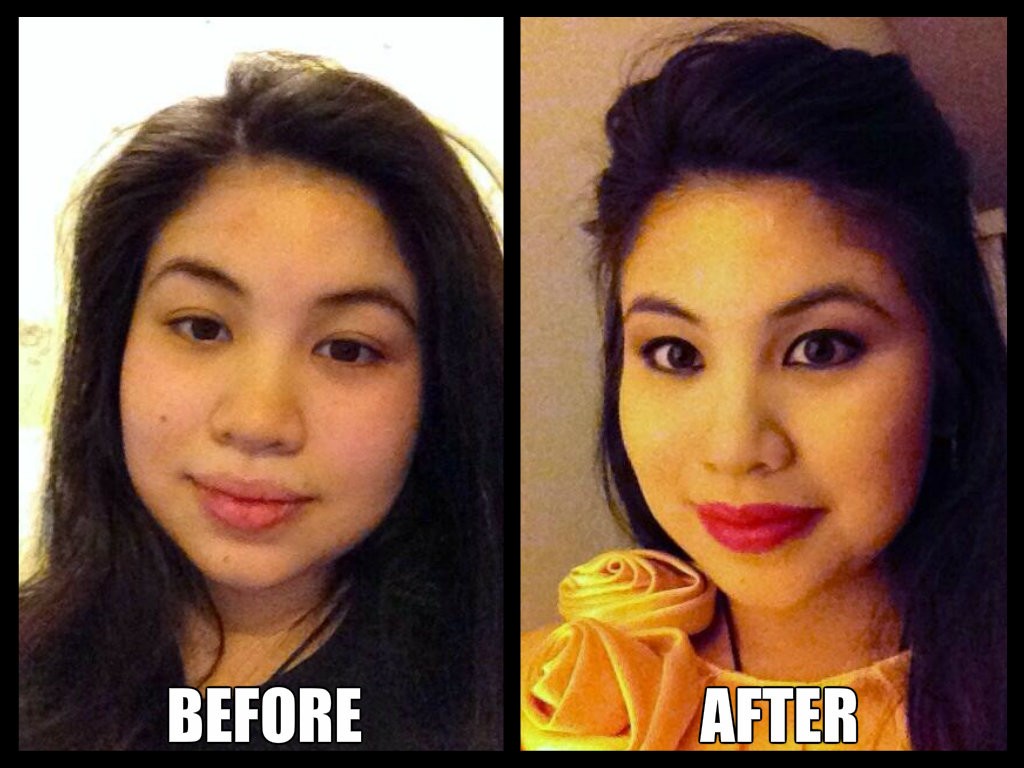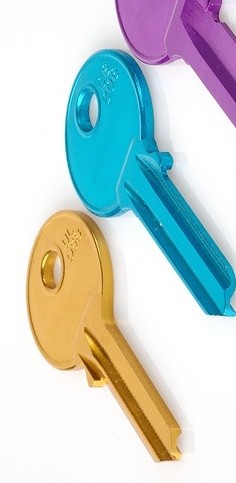7 Tips for Protecting Your Mental Health When Bad News is Everywhere (UPDATED)
UPDATE: I have written about this before. But, in light of the tragic events at Las Vegas, Nevada on October 1, 2017, the subject is relevant. (For background info on the Las Vegas events, see this ABC News article. Trigger warning: ABC News article includes pictures and videos that may be disturbing.) This morning, I woke up at 3 am to use the bathroom. Afterwards, I saw the news on my phone. I panicked. I knew my 22-yo nephew was in Vegas. He often goes to Vegas with his friends to watch UFC and boxing fights; many of his friends are fighters. Mandalay Bay is the heart of the combat sports, and that’s where the shooting happened. I saw a post the day before about him helping the homeless in Vegas. I started texting him asking him to get back to me as soon as possible. Fortunately, he left Mandalay Bay a couple hours before the shooting started. He was at the airport, which was on lockdown. He is okay. I am relieved. But still for many people in the U.S., this feels like Groundhog’s Day. Even if you have never known anyone in danger from a shooting or similar event, it can affect your mental health.
ORIGINAL POST:
Last week, bad news was everywhere. And in your face. There were the deaths of Alton Sterling in Louisiana and Philando Castile in Minnesota; the latter was live streamed on Facebook. And then there was the shooting of five Dallas police officers. Today, we are not only confronted with heartbreaking news on television but on almost every online social media platform. Being connected is not always a bad thing. (Last year, after the shootings at Mother Emmanuel AME Church, I organized a card drive on Facebook to send condolence cards to the families of the victims. People from around the internet got together to show love to the survivors and families of the deceased.) Being inundated with tragic news, however, can also negatively impact our mental health. We must be vigilant in protecting our minds.
How News Affects Us
British psychologist Dr. Graham Davey, who specializes in the psychological effects of media violence, states in The Huffington Post that “violent media exposure can exacerbate or contribute to the development of stress, anxiety, depression and even post-traumatic stress disorder (PTSD).”
Davey says, “Negative news can significantly change an individual’s mood…can affect your own personal worries. Viewing negative news means that you’re likely to see your own personal worries as more threatening and severe, and….you’re more likely to find your worry difficult to control and more distressing than it would normally be.”
7 Ways To Protect Yourself
- Ask yourself, how am I doing right now? If I am going through a bipolar depression, watching coverage of a terrorist attack is probably not going to make me feel better.
- Ask yourself, Is this a trigger for me? Have you experienced something similar in the past? Is the event something you fear happening to you or your loved ones? To learn more about triggers, click here.
- Disengage. Sometimes we just have to turn off the news or log off Facebook. The average Facebook user has 130 friends. If 80% of those friends are posting updates about the current tragedy, Facebook becomes like an echoing chamber. Maybe it’s time to turn off your computer. If you can’t completely disengage (perhaps you are waiting for important messages through Facebook), at least take a break. The other day, I was so disturbed by the news, I had to turn off the television and my computer and read a book.
- Understand that not watching does not mean you don’t care. You can care deeply about other people’s suffering even if you do not soak up every ounce of media coverage.
- Talk to your therapist. One aspect of my illnesses–whether it’s bipolar disorder or myasthenia gravis or polycystic ovarian syndrome–is that I feel the pain and suffering of others deeply. My therapist was one who taught me that it was not silly for me to be deeply affected by the suffering of strangers. (Related: How Do I Get Mental Health Services With No Money & No Insurance?)
- Find an outlet. I previously wrote about the 4 Mental Health Benefits of Exercise and how exercise improves our moods by releasing endorphins AKA “the feel good hormones.” I do Pilates when I need a “time out” from the news. Sometimes, I also paint as a way of expressing emotions that are too difficult to put into words.
- Confide in someone close to you. Sharing your feelings with a trusted friend can be cathartic.
How do you deal with bad news?
–Your Stylist, Jessica Gimeno




